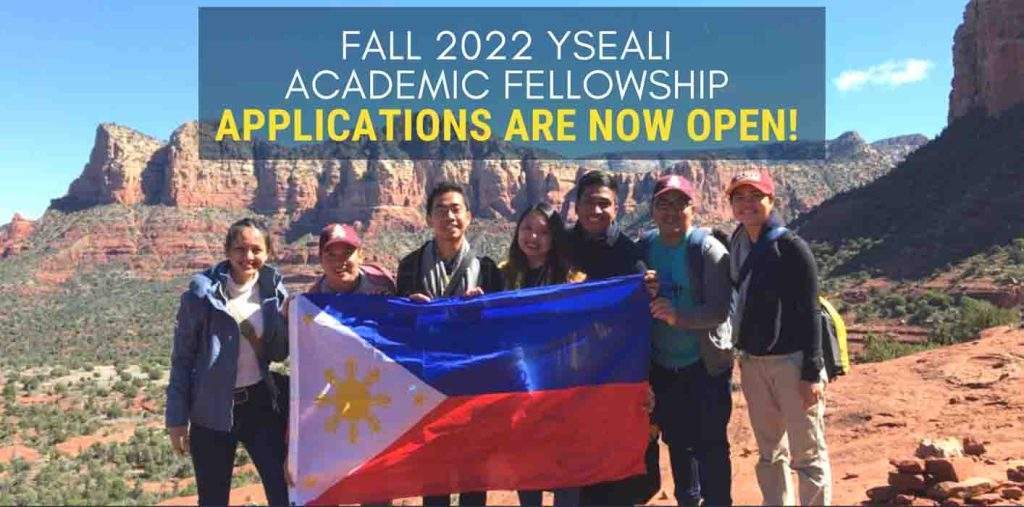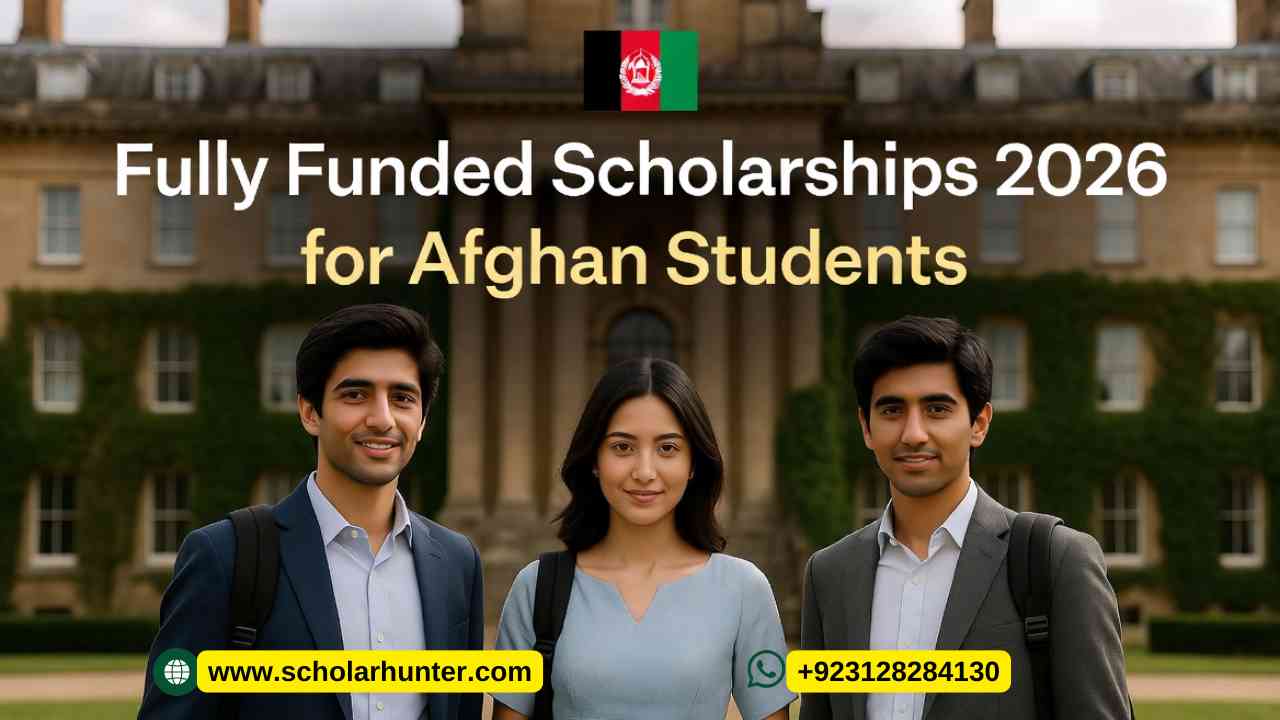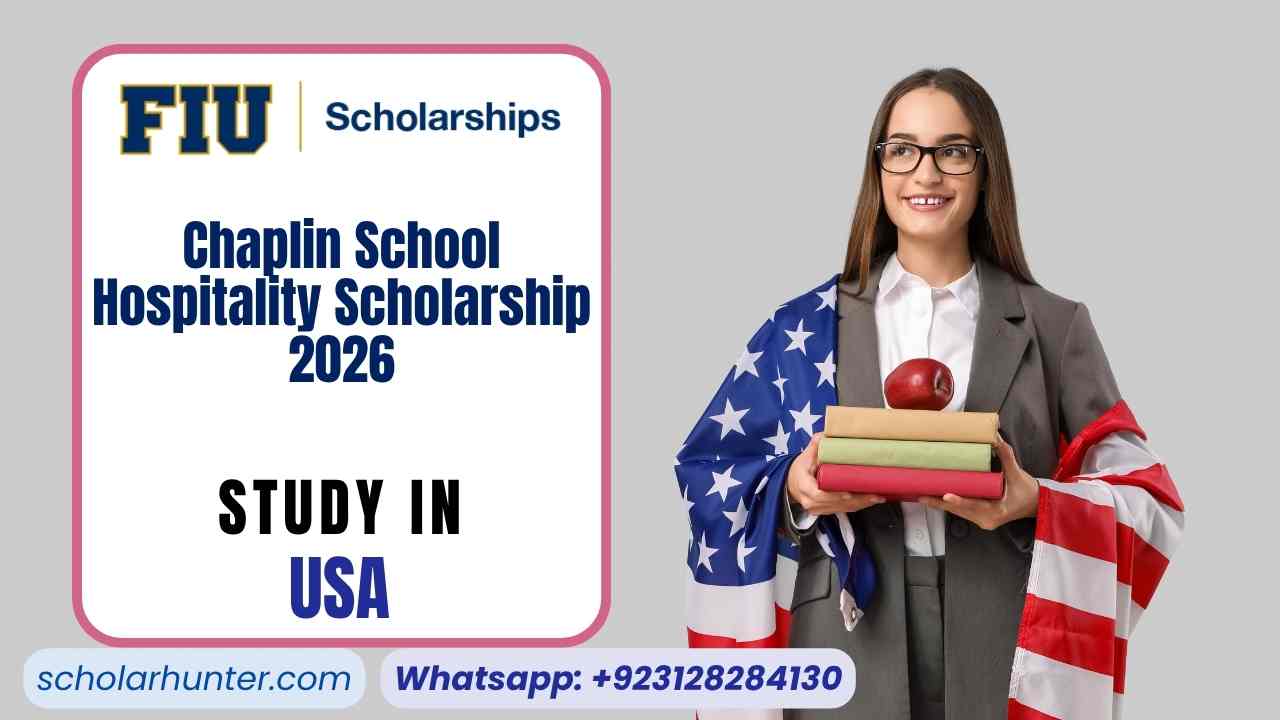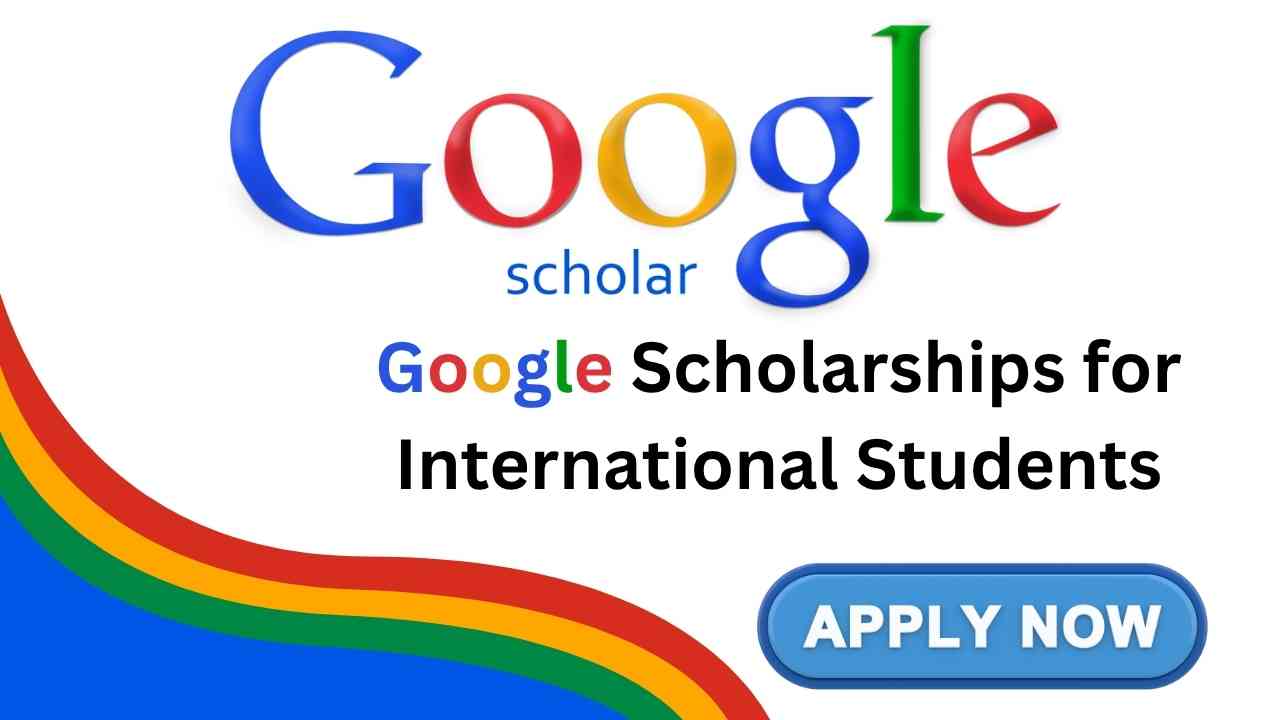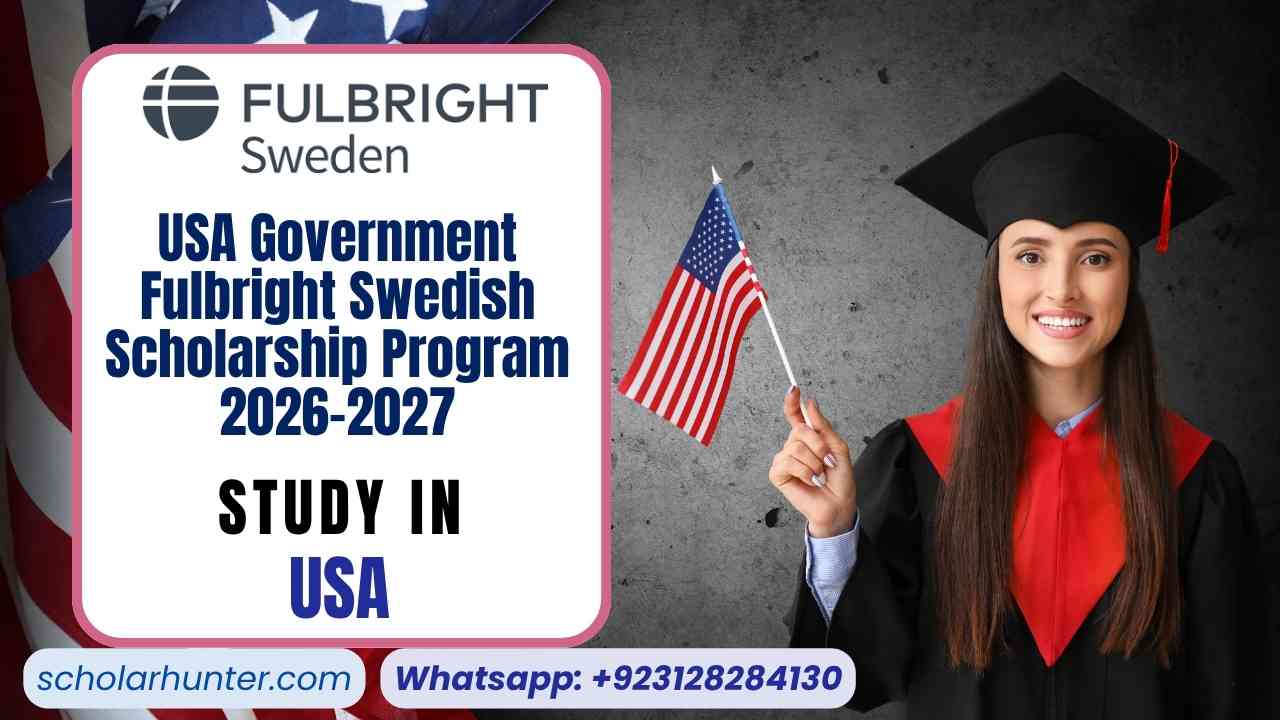USA Universities Fully Funded Postgraduate and Graduate Scholarships for south east Asian Students: The Public Affairs Section of the U.S. Embassy in the Philippines is pleased to announce the call for applications for the Young Southeast Asian Leaders Initiative (YSEALI) Academic Fellowships for Fall 2022! U.S Embassy Philipines Call For Applications For The Fall 2022 Yseali Academic Fellowships is available to undertake Postgraduate, Graduate level programs at USA Universities.
I. Program Overview
The Young Southeast Asian Leaders Initiative (YSEALI) is a public diplomacy program designed to advance regional strategic goals, break down barriers that separate the next generation of leaders in Southeast Asia, and link those emerging leaders to the United States. To this end, the YSEALI Academic Fellowship will bring exceptional young leaders from Southeast Asian countries to the United States to further develop their professional and leadership skills. The Study of the U.S. Branch implements the YSEALI Academic Fellowship aimed at young leaders aged 18-25.
The YSEALI Academic Fellowship is an intensive short-term academic program that provides young leaders with a deeper understanding of the United States and of a particular theme, while simultaneously enhancing their leadership skills. The Fellowship will focus on one of three themes: Civic Engagement, Environmental Issues, and Social Entrepreneurship and Economic Development. The Academic Fellowship is a five-week in-person program in the United States sometime between August to November 2022, consisting of a balanced series of seminar discussions, readings, group presentations, and lectures. The coursework and classroom activities will be complemented by educational travel, site visits, leadership activities, and volunteer opportunities within the local community. During the academic residency, participants will also have opportunities to engage in educational and cultural activities outside of the classroom. If conditions allow, the Fellowship will include an educational study tour to other areas of the United States, where they will meet with local, state, private, and nonprofit organizations working in the field. Note that if the program takes place virtually, Fellows will engage in similar activities but online from their home countries.
II. Program Themes
A. YSEALI Academic Fellowship on Civic Engagement
The YSEALI Academic Fellowship on Civic Engagement will provide Fellows with an overview of how citizens have shaped U.S. history, government, and society both as individuals and groups. The Fellowship will define civic engagement, examine its development in the United States, and explore topics such as active citizenship, community building, economic development, grassroots activism, and volunteerism. Other topics discussed are civil rights, social justice, entrepreneurship, ethics, leadership, and media. Fellows will also have the opportunity to meet with community leaders, entrepreneurs, and representatives of nonprofit organizations. Throughout the Fellowship, participants will develop innovative and practical plans to become engaged citizens in their communities. The University of Nebraska – Omaha and Portland State University will conduct and host the Fellowship.
B. YSEALI Academic Fellowship on Environmental Issues
The YSEALI Academic Fellowship on Environmental Issues will explore the role that environmental policy has played in the economic and political development of the United States. The Fellowship will use experiential learning techniques to expose participants to current themes in the field, including climate change, sustainable development/sustainable agricultural practices, food security, ecotourism, renewable energy generation, and water management and treatment. Fellows will explore the issues from numerous angles: local grassroots activism and civic initiatives, impacts on marginalized communities, private sector approaches, global multilateral efforts, and federal government policies and regulations. Finally, the Fellowships will explore environmental issues in a globalized society and draw comparisons between the United States and the participants’ home countries. Fellows will also have the opportunity to meet with community leaders and representatives of nonprofit organizations. The University of Montana and the East-West Center will conduct and host the Fellowship.
C. YSEALI Academic Fellowship on Social Entrepreneurship and Economic Development
The YSEALI Academic Fellowship on Social Entrepreneurship and Economic Development will provide Fellows with an overview of entrepreneurial approaches to address social and economic issues. The Fellowship will review the development, history, challenges, and successes of enterprises and community leaders, in the United States and globally. Topics include, but are not limited to, trade, investment, financial literacy, banking, microfinance, organizational development and management, grant writing, innovation, emerging markets, risk analysis, strategic business planning, corporate social responsibility, and women and minorities in entrepreneurship. Fellows will also have the opportunity to meet with community leaders, entrepreneurs, and representatives of nonprofit organizations. The University of Connecticut and the University of Texas-Austin will conduct and host the Fellowship.
Other Essential Program Information
A. Participation
Fellows should be aware that they are applying for an intensive, rigorous academic program and are expected to participate in all aspects of the program fully. Fellows must attend all lectures, participate in all required organized activities, and complete all assignments. Family members and/or friends may not accompany or join participants for any part of the program. Violations of program rules, host institution rules, or local, state, or federal laws can be grounds for immediate dismissal from the program.
B. Housing and Meal Arrangements
Housing will be in shared or single university dorms on campus or hotels within walking distance of most classroom activities. Fellows may be expected to share a room and bathroom with another student of the same gender. Most meals will be provided at campus facilities, though Fellows may have access to a kitchen to cook some meals on their own. Host institutions will ensure that any special requirements regarding diet, daily worship, housing, and medical care are satisfied. It is essential that candidates are aware of these arrangements and comfortable with such accommodations. Should a Fellow need to quarantine due to positive COVID-19 test results, accommodations will follow Center for Disease Control (CDC) guidelines.
C. Health Benefits
All participants will receive the Department of State’s Accident and Sickness Program for Exchanges (ASPE) health benefit during the U.S.-based in-person component, which provides coverage of up to $100,000 with a $25 co-pay per medical visit and a $75 co-pay per emergency room visit, for the duration of the program. Pre-existing conditions may be covered for up to $100,000, subject to policy exclusions and limitations. ASPE also covers up to $500 for routine COVID-19 testing requirements in the United States. COVID-19 is treated like any other illness under the ASPE health benefits plan. Information on the health benefits program may be found online at https://www.sevencorners.com/gov/usdos .
D. Virtual Program Contingency
Should health, safety, and travel conditions continue to pose significant challenges, the Academic Fellowship will pivot to a virtual format. The virtual program would consist of a minimum of 36 hours of required programming with a combination of synchronous and asynchronous learning. To the extent possible, the virtual programming would include lectures, small group discussions, videos, readings, panels, site visits, leadership development, assignments, and individual and group activities. Fellows would be expected to fully participate in the entire virtual program from their home country.
E. Technology Requirements
Should the program need to pivot to a virtual format, Fellows must have access to a computer and a stable internet connection in their home countries. If a Fellow does not have a computer or adequate internet, the fellowship program administrators will work with the Fellow to facilitate computer access on an as-needed basis.
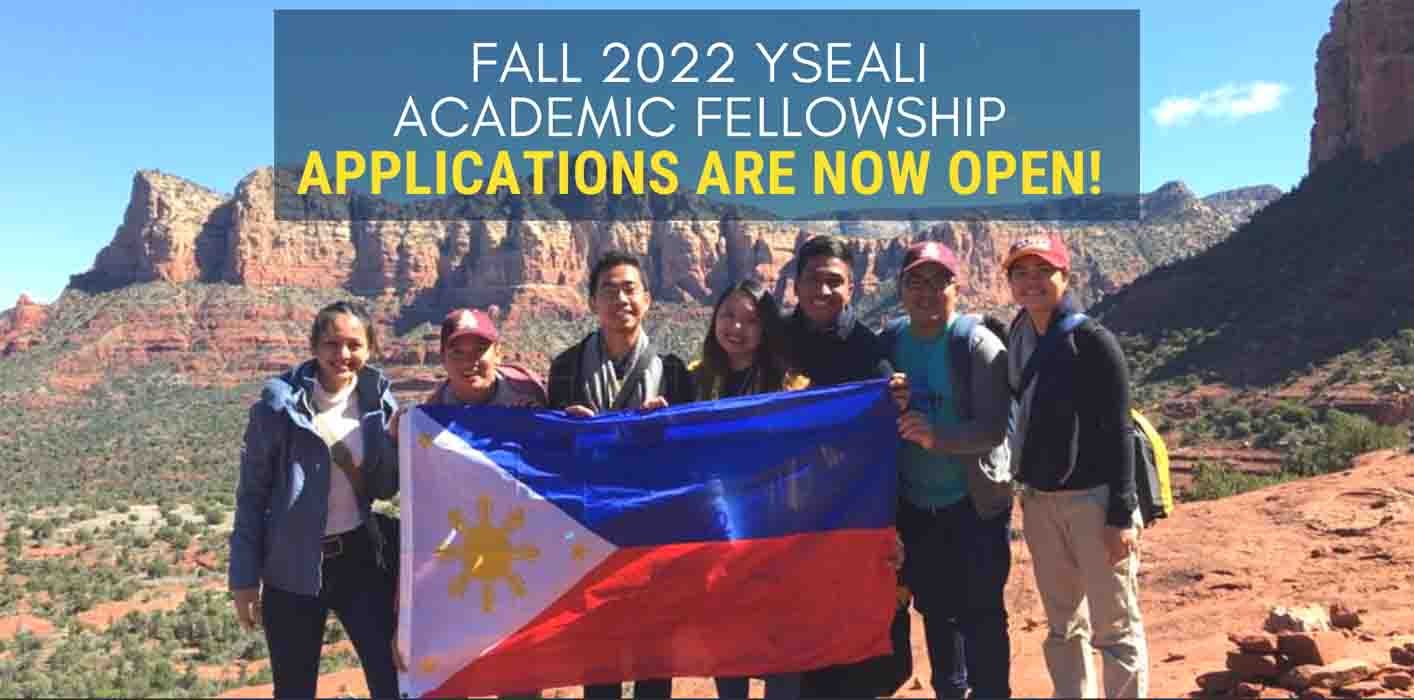
Scholarship Benefits:
The program will cover all participant costs, including international travel costs, including program administration; international and visa travel; travel allowances; domestic travel and ground transportation; book, cultural, mailing, and incidental allowances; and housing and subsistence. If the program is conducted virtually, technology allowances may be provided to the Fellows.
